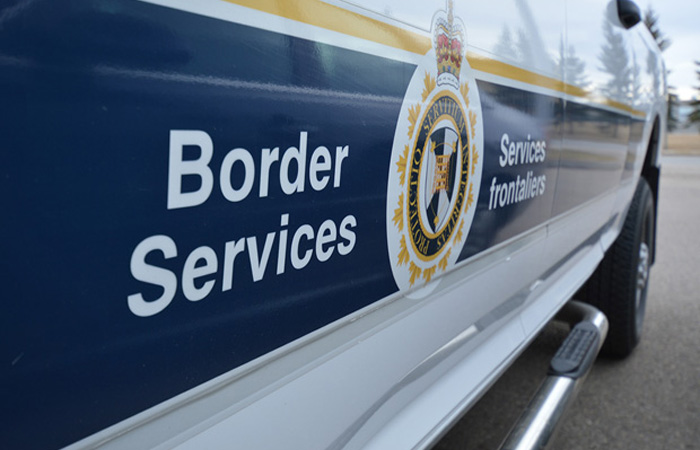The Canada Border Services Agency (CBSA) is reminding all travellers that the travel restrictions announced in March are still in place at all of Canada’s international border crossings.
The Government of Canada introduced these border measures to limit the spread of COVID-19 in Canada, including the restriction of all non-essential travel into Canada.
All travel of an optional or discretionary nature, including tourism, recreation and entertainment, is covered by these measures across all ports of entry in all modes of transportation – land, marine, air and rail.
With the travel restrictions still in place, foreign nationals, including United States (U.S.) citizens, will not be allowed to enter Canada if they attempt to come for any of the following examples of discretionary (non-essential) travel:
- opening or checking on a cottage or seasonal home;
- boating across the border;
- fishing or hunting;
- attending a party or celebration;
- visiting family, friends, partners or a girlfriend, boyfriend or fiancé(e);
- driving in transit for the purpose of taking a shortcut through Canada to get to a U.S. destination faster;
- picking up a pet; and,
- sightseeing.
The CBSA is also reminding boaters that crossing the border for recreation or tourism purposes is currently prohibited. Boaters should visit the CBSA website for more information.
All travellers entering Canada, including foreign national boaters who drop anchor in Canadian waters, must report to the CBSA. Failing to report is a serious offence, subject to potential penalty, seizure action, loss of trusted traveller program membership, and prosecution under the Customs Act or Immigration and Refugee Protection Act.
Quick Facts
- As of March 21 at 12:01am EDT, there is a temporary restriction on all non-essential travel at the Canada-U.S. border. This restriction has been extended until May 21, 2020, and can be prolonged as necessary for public health reasons.
- Canadian citizens, permanent residents and Registered Indians under the Indian Act continue to enter Canada by right, and are subject to COVID-19 entry screening measures.
- The CBSA has temporarily suspended service at certain small vessel reporting sites, small airports of entry, and ferry terminals. If your travel is essential, review the list of ports of entry remaining open before leaving home.
- All persons entering Canada – no matter their country of origin or mode of entry – MUST isolate themselves for 14 days if they have symptoms of or confirmed COVID-19 or quarantine themselves for 14 days if they do not have symptoms of COVID-19.
- Travellers returning to Canada can reduce their wait times and limit contact at the border by downloading the ArriveCAN App. The App was created to support the Government of Canada’s efforts to limit the spread of COVID-19.
- For the latest on cross-border programs and services, travellers can call the CBSA’s Border Information Service at 1-800-461-9999.


